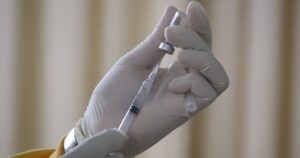
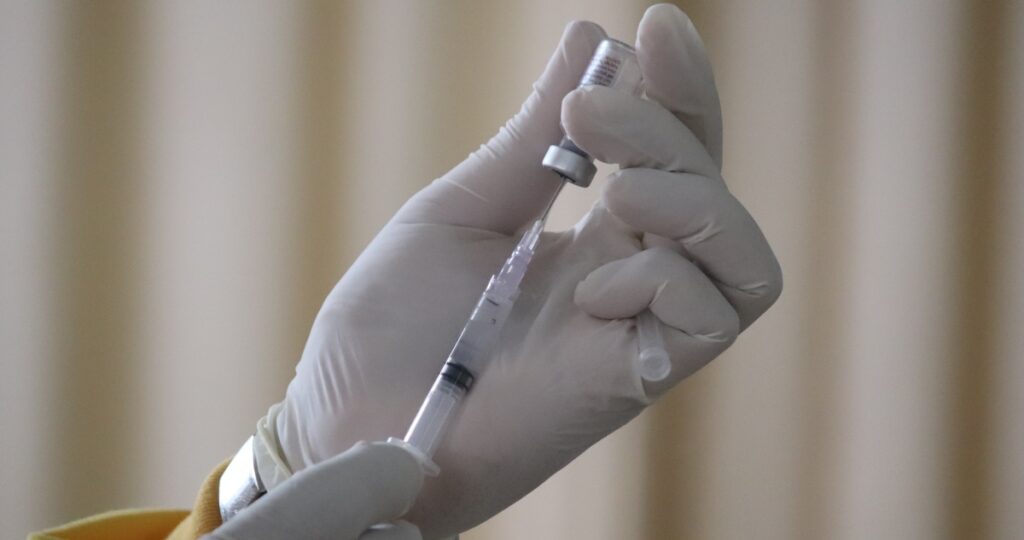
Monkeypox Vaccine Supply, Prioritization Expanding
The Biden administration provided further details on its strategy to address the increasing number of monkeypox cases within the U.S. and further clarified why much of the immediate response remains focused on men who are sexually active with other men.
During a call with LGBTQ press Wednesday, White House pandemic office head Dr. Raj Panjabi outlined a strategy focused on “testing, vaccines and outreach” in an effort to stem the growth of Monkeypox cases, which sits at 351 across 27 states and Washington, D.C. as of Wednesday according to CDC statistics.
The administration stated Tuesday that it plans to increase the number of doses of Jynneos, a newer monkeypox vaccine with fewer side effects administered in two shots four weeks apart, in the federal stockpile by 240,000 in the coming weeks, with another 750,000 expected over the summer. The Department of Health and Human Services provided 56,000 doses immediately, but clinics in hard-hit areas are already experiencing shortages. The single-dose smallpox vaccine ACAM2000 is more widely available and effective in vaccinating against moneypox, but it is typically associated with harsher side effects than Jynneos.
“Our approach is to respond as effectively as possible by sending the available supply of Jynneos vaccine to those communities and people that need it most urgently now as we continue to secure additional vaccine does of that product,” Dr. Panjabi said. “The goal of this initial phase of the vaccine strategy is to slow the spread of the disease.”
LGBTQ populations, specifically men that are sexually active with men, are currently being prioritized for vaccination as a large number of cases have been seen in those communities. The CDC modified its vaccine recommendation Tuesday, advising anyone with a sexual partner in the last 14 days who was diagnosed with monkeypox or had four or more sexual partners in an area with confirmed monkeypox cases in the last 14 days to receive the vaccine. Dr. Panjabi said that the Jynneos vaccine should be prioritized for immunocompromised individuals, including those with detectable HIV.
Similarities To Early Days Of AIDS Epidemic
Monkeypox’s recent emergence in non-endemic areas and its close association with men engaging in same-sex sexual activities both by government officials and media outlets bear a resemblance to the first years of the AIDS epidemic in the 1980s. But NIAID director Dr. Anthony Fauci stressed that the prioritization isn’t rooted in the same mistakes made at that time.
“I’m not surprised that if the initial introduction into the gay community associated with various social functions that occurred a few months ago, that the beginning and the early part of it seems almost exclusively among men who have sex with men, but it is not a disease that will be essentially restricted to men who have sex with men,” Dr. Fauci said.
When asked about concerns over ascertainment bias influencing the focus on non-heterosexual men, Dr. Fauci said that it is “always something of a risk that we have to keep an eye on” despite his belief that it currently has no substantial influence.
Testing And Outreach
In regards to ramping up testing for monkeypox, Dr. Panjabi stated that tests are being shipped to five major commercial medical testing labs in an effort to “increase testing, access and convenience in every community.” He pointed out that the time between symptom onset and test results has decreased by more than 30% since the beginning of the outbreak, and further expansion of testing should continue to shrink that time gap.
Dr. Panjabi stressed that community-based outreach was pivotal in understanding what affected communities need and disseminating educational information on the disease. He said that officials have been meeting with “a wide group of civil society or non-profit organizations that work across the coalition of LGBTQ community members” in addition to LGBTQ leaders in an effort to understand their needs and spread education on the issue.
Part of the outreach strategy is also focused on healthcare workers as its symptoms can be confused with herpes, syphilis and other sexually-transmitted infections. The World Health Organization is currently studying the virus to determine if it is able to infect individuals through sexual transmission after portions of the virus were found in semen samples earlier this month.
“Be Careful”
“You don’t want to panic people, but you want to get people to appreciate, particularly with the Pride activities that are going on now, to be aware and to just be careful,” said Dr. Fauci. “Being careful can be very practical; making sure that you’re aware of things like skin lesions or lesions around areas of the body, particularly when you’re having a sexual encounter … We do believe that, from a theoretical and practical standpoint, the risk is probably increased when you have activities associated with the prior Pride activities, because people tend to get involved in sexual networking there.”
Dr. Fauci reiterated the need for awareness when asked if Pride attendees should be concerned or afraid after hugging or being in close proximity to others during those celebrations. “You don’t want to be paralyzed by this. You just need to exert some care in the choice of people in which you have skin-to-skin personal contact,” he said. “You don’t want to all of a sudden shut yourself off from interaction, but just know that there is a virus there … have an exertion of a little bit more care.”
Monkeypox: Previously on Towleroad
Photo by Mufid Majnun on Unsplash


 (@Sadgasm305)
(@Sadgasm305) 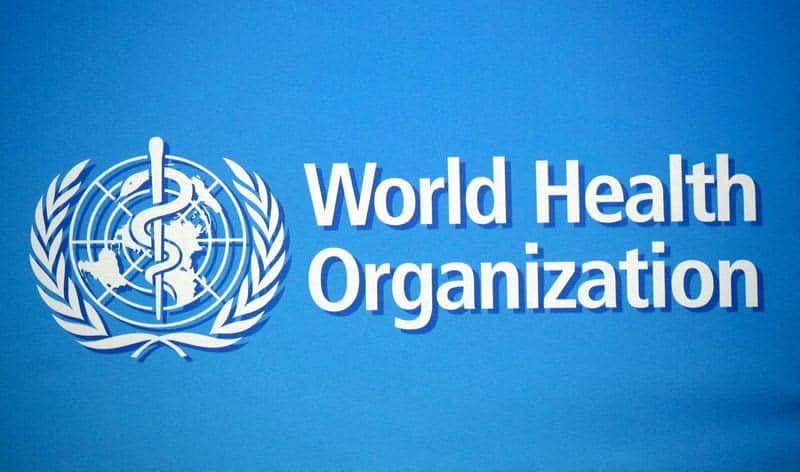
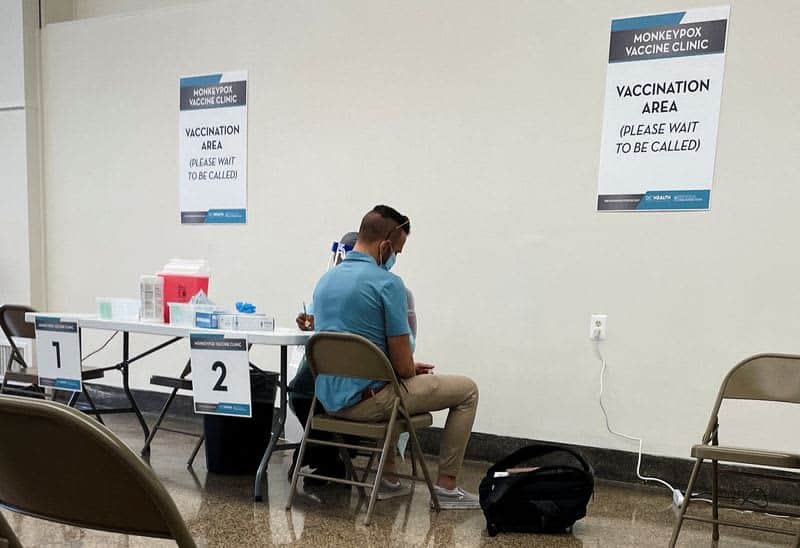
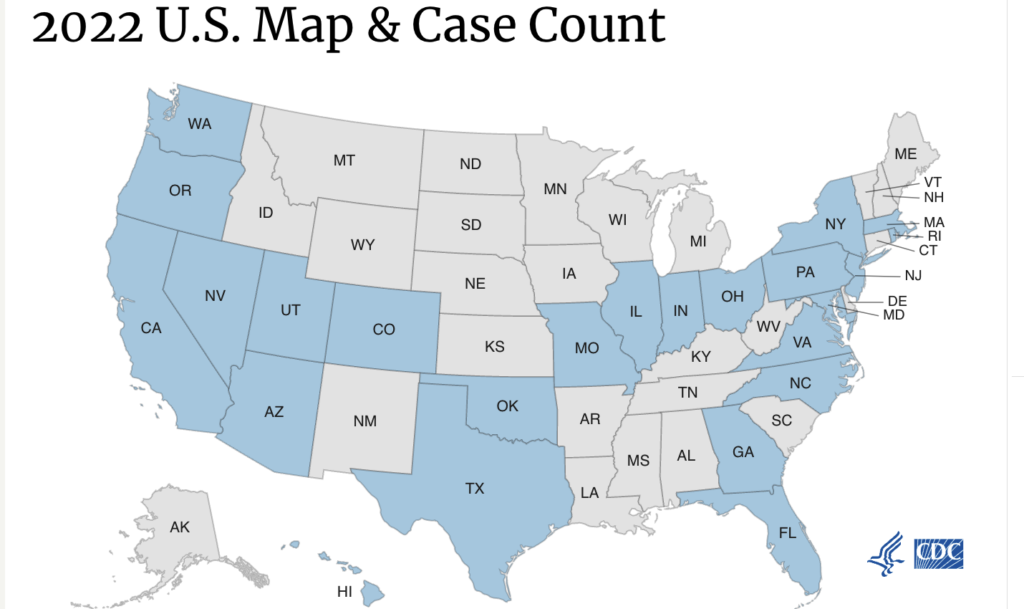
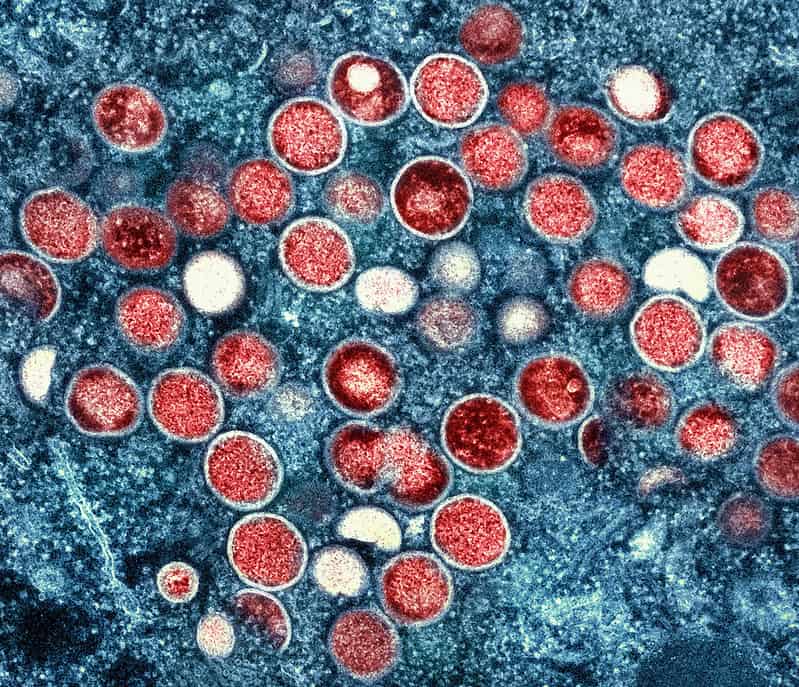
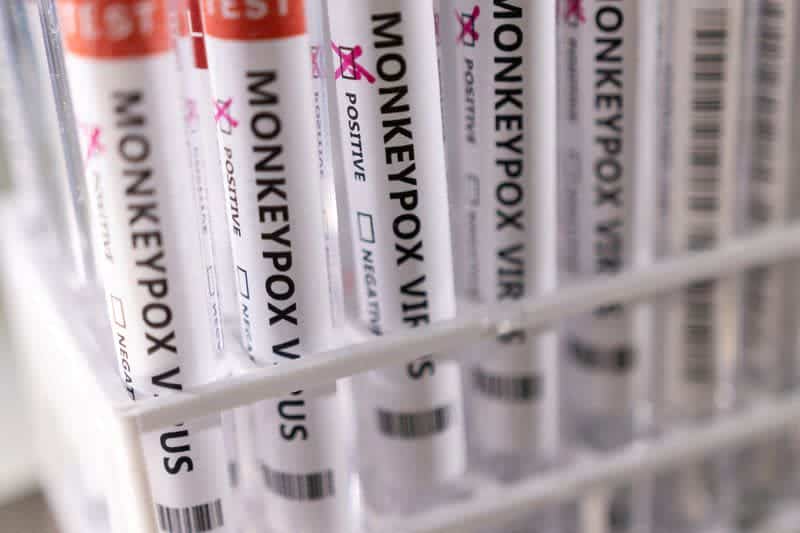
Recommended Comments
There are no comments to display.